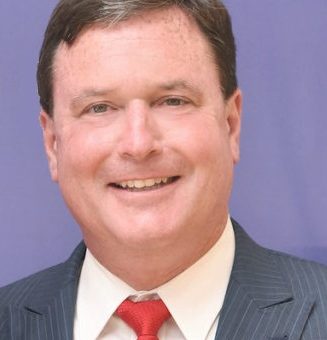
INDIANA – This week, Attorney General Todd Rokita and 24 other attorneys general took the next step in preventing the Biden administration’s “Clean Power Plan 2.0” from imposing a stranglehold on the states and everyday Hoosiers as they cool, heat, and light their homes.
Attorney General Rokita’s office is leading a motion to stay this intrusive new U.S. Environmental Protection Agency (EPA) rule that places absurd anti-coal & gas mandates on power plants.
This new rule exceeds the EPA’s statutory authority — effectively requiring a shift away from coal by setting unrealistic standards for coal plants. The U.S. Supreme Court held in West Virginia v. EPA that Congress never gave the EPA such statutory power.

“By trying to foist this economy-crushing debacle on Indiana, the Washington elites are proving once again they have nothing but contempt for hardworking Hoosiers,” Attorney General Rokita said. “Rest assured that we’re working nonstop to protect our people from these ruthless schemes and hold these federal bureaucrats accountable to the rule of law.”
The unlawful new rule, which fits the agenda of left-wing climate extremists, threatens the reliability of the nation’s power grid and invites higher utility costs.
In their court motion, the attorneys general note that the new rule effectively forces some power plants out of business — ignoring the U.S. Supreme Court’s 2022 West Virginia v. EPA decision clarifying that Congress did not give the EPA power to “direct existing sources to effectively cease to exist.” Rather, Congress sought to respect the role of individual states in balancing regional economic interests with environmental priorities such as reducing greenhouse gas emissions.
The rule abandons cooperative federalism. Although the federal government is legally required to give states discretion in implementing standards, the EPA’s new standards are so stringent that they erase state discretion.
Attorney General Rokita is co-leading the 25-state effort with West Virginia Attorney General Patrick Morrisey. After filing the initial lawsuit last week, the attorneys general are now seeking a stay of the new rule pending the outcome of the litigation.
The motion to stay is attached.



